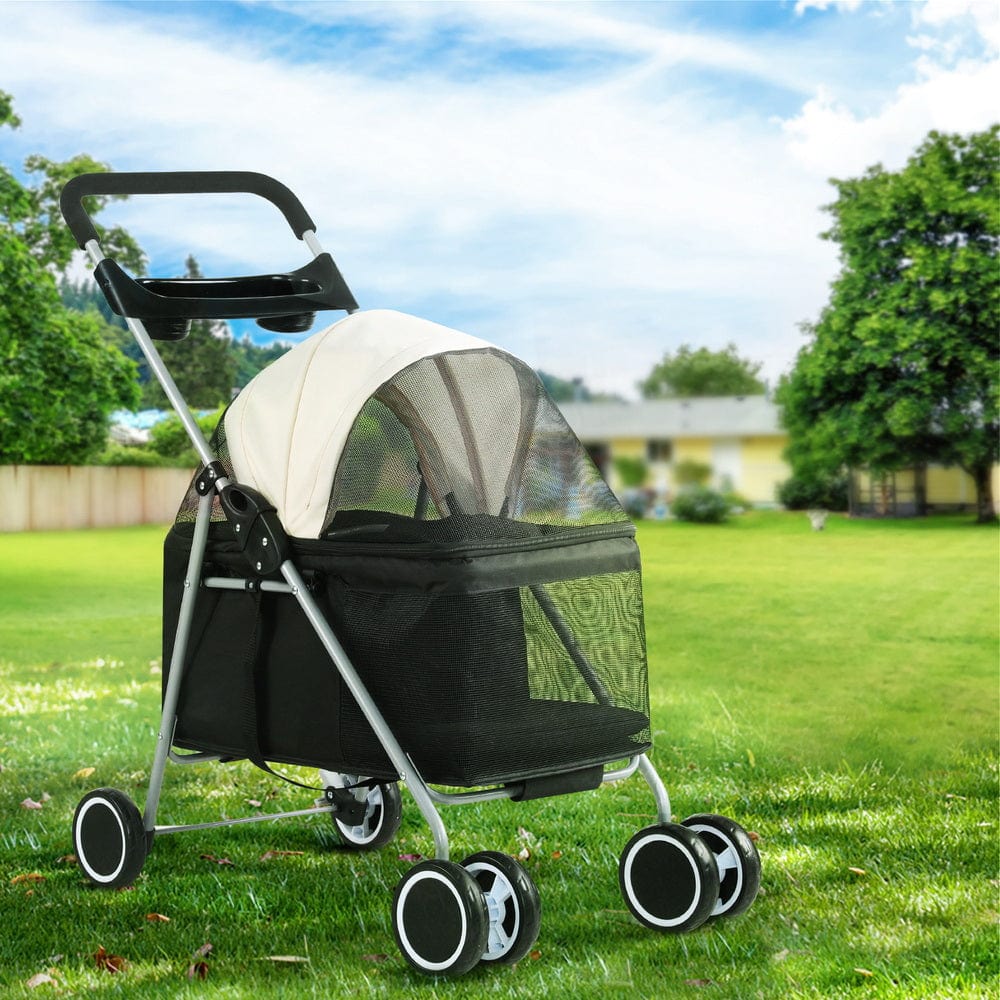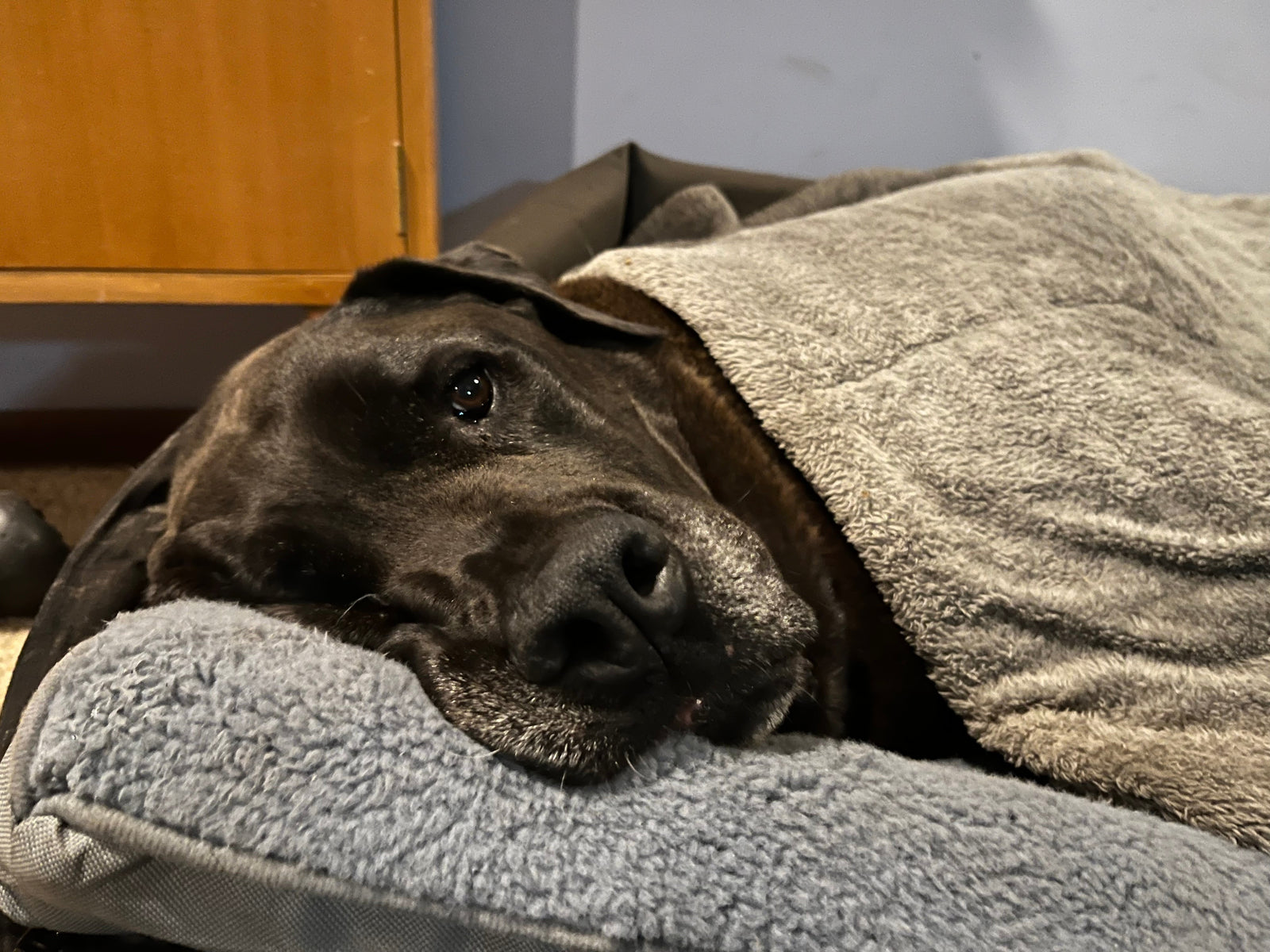exsctly as described thankyou
Cute product. A bit smaller than i thought it would be but a really good design and easy to assemble. Shipping took a little while and the box was all bashed up when it got here but everything inside was still in one piece. Hoping my cats accept this new toy soon and love it as much as their hoomans do!
Cute looks awesome and not to warm
Thankyou just what I was looking for










